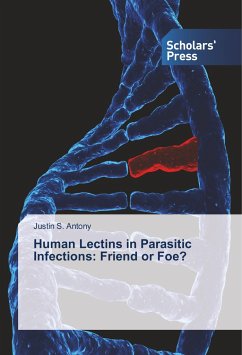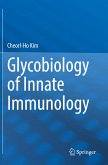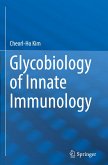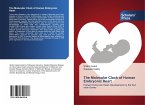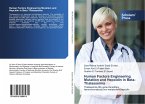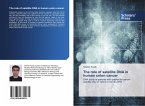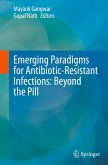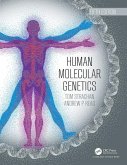Complement lectins are pattern recognition molecules to clear infectious agents. The system is highly conserved throughout the evolution. Several lectins have been studied with various infectious diseases. However, the role of lectins in the context of parasitic diseases were limited. Therefore, in my PhD, I focused on researching the role of lectins in two different neglected parasitic diseases i.e. urinary schistosomiasis and visceral leishmaniasis. Interestingly I found that these lectins plays differential role in limiting the disease progression based on the inhabitant of the parasite (intra-cellular or extra-cellular). I also observed that IL-6 regulate the lectin expression during these parasitic infections. In conclusion, this book provides probable evidence on the differential role of lectins in intra and extracellular parasitic infections. The given information can be exploited for the development of new therapeutics focusing on complement system for parasitic disease management. It also pave a path for further research in this field. I wish the readers to enjoy the fascinating role of lectins in infectious diseases.
Bitte wählen Sie Ihr Anliegen aus.
Rechnungen
Retourenschein anfordern
Bestellstatus
Storno

